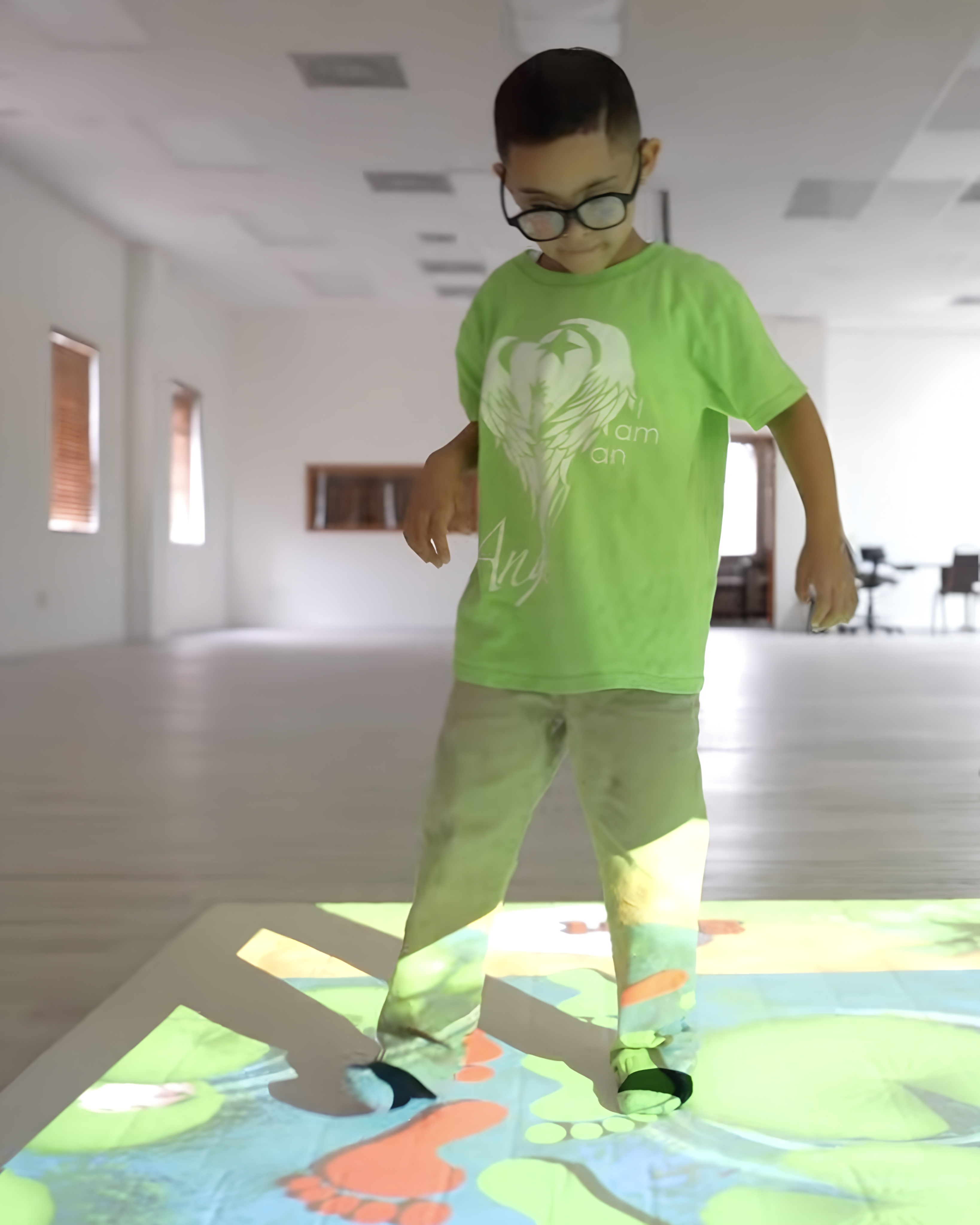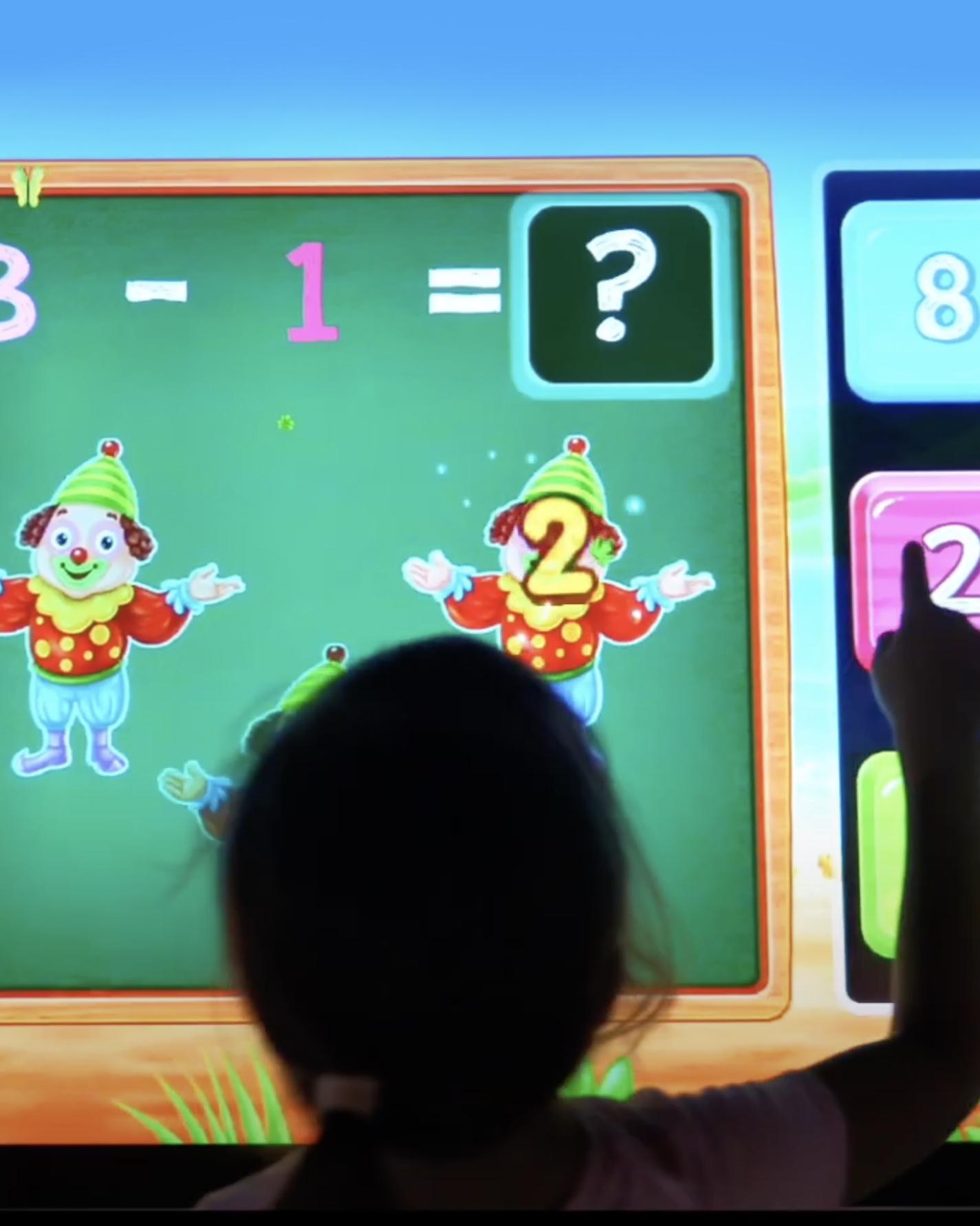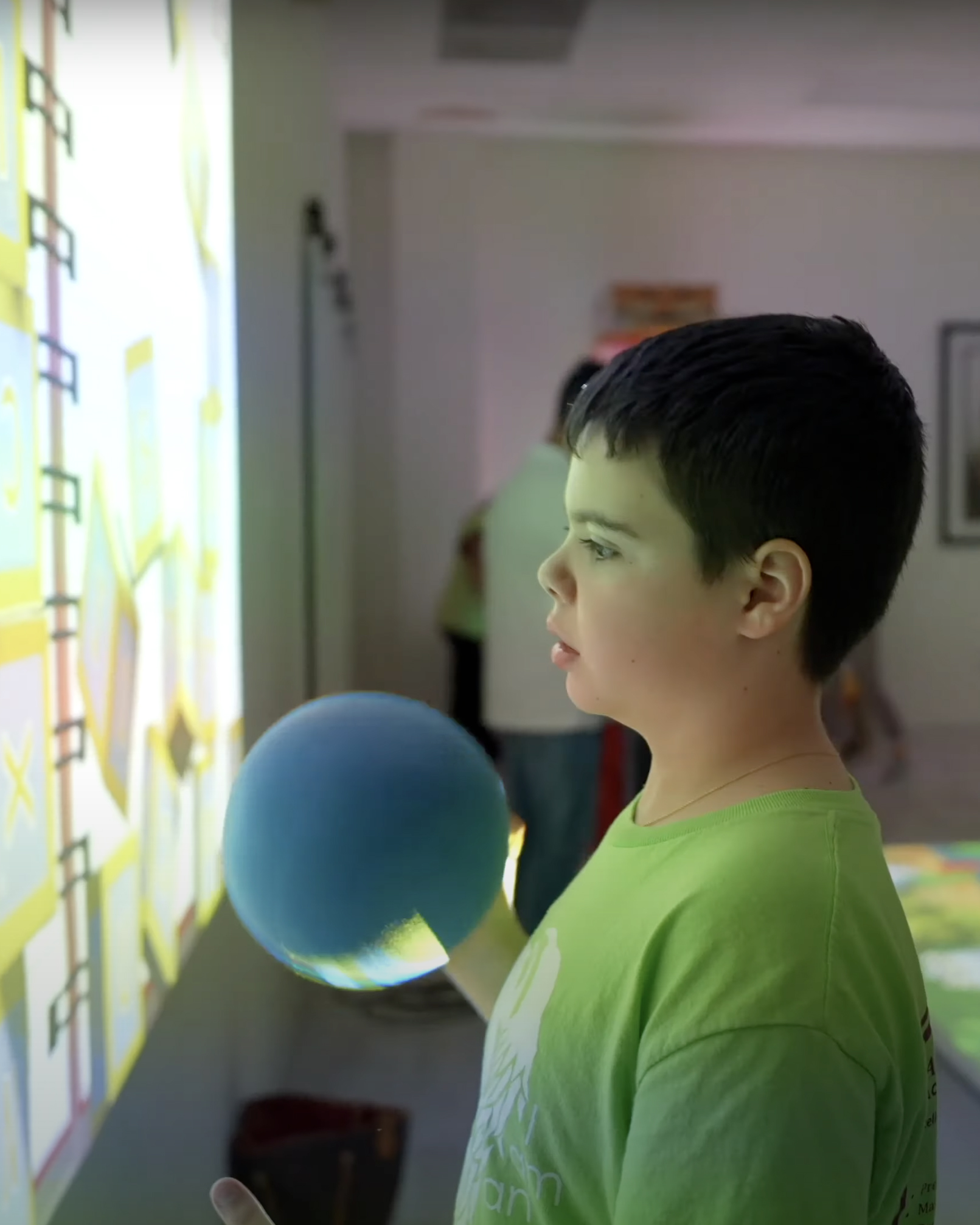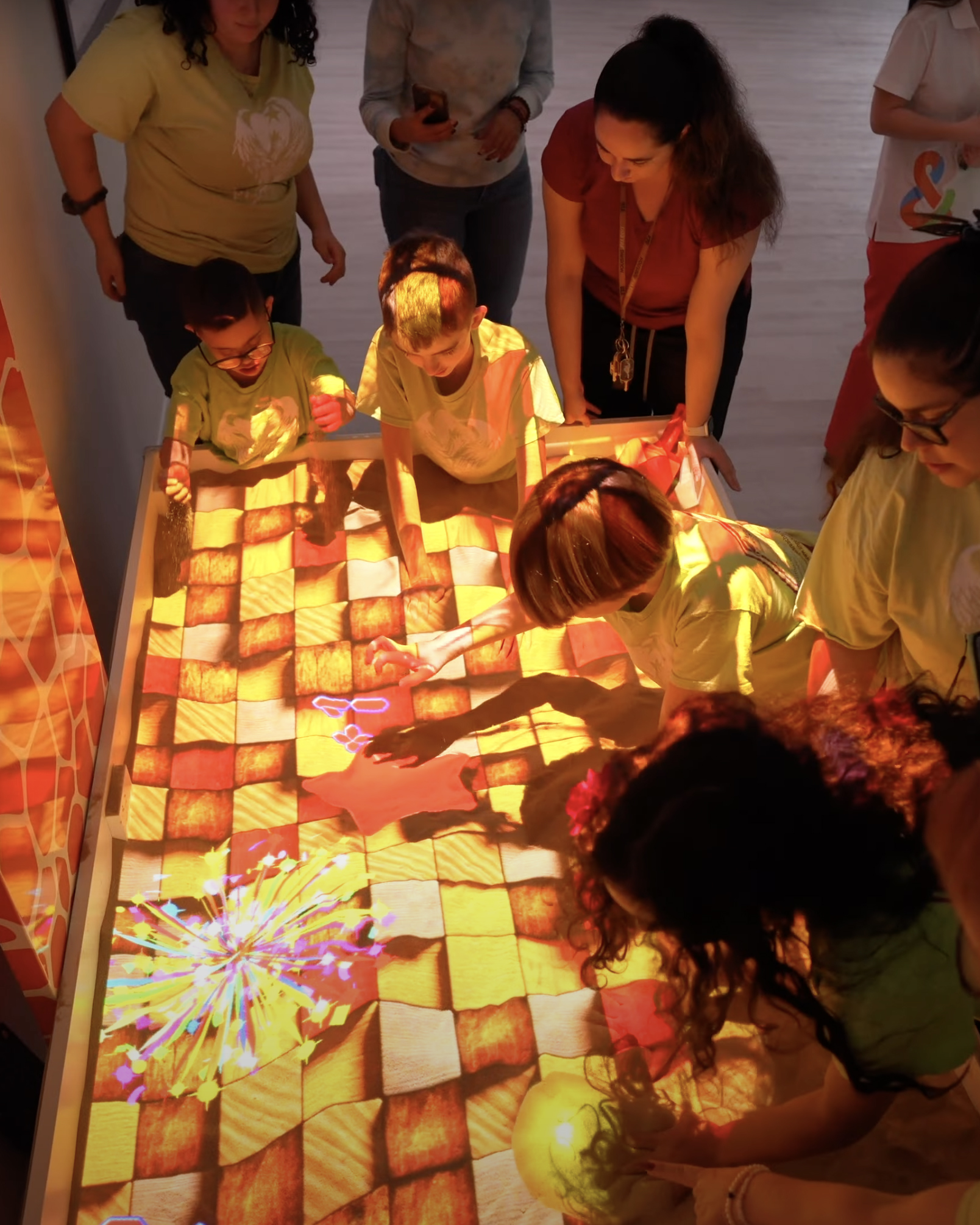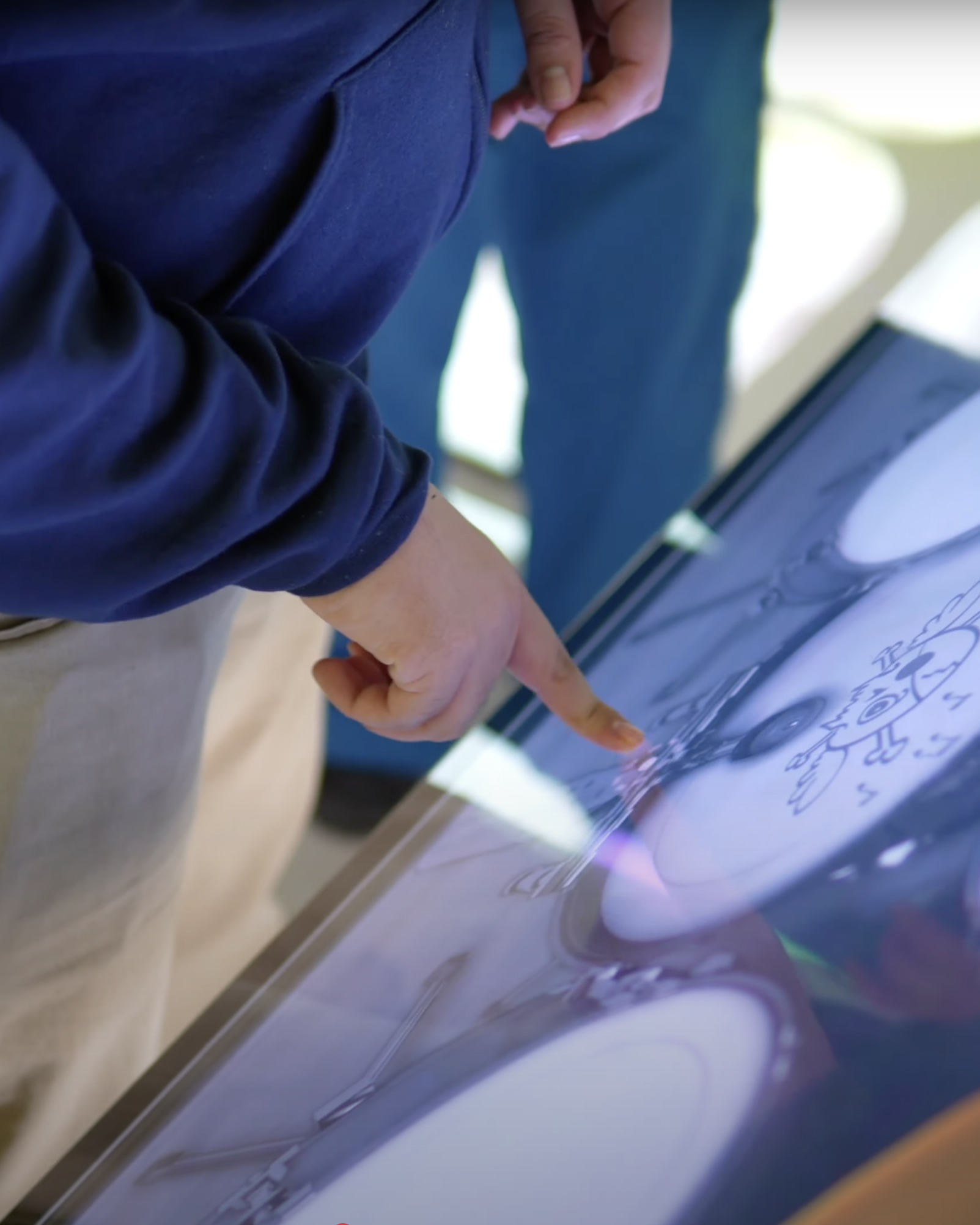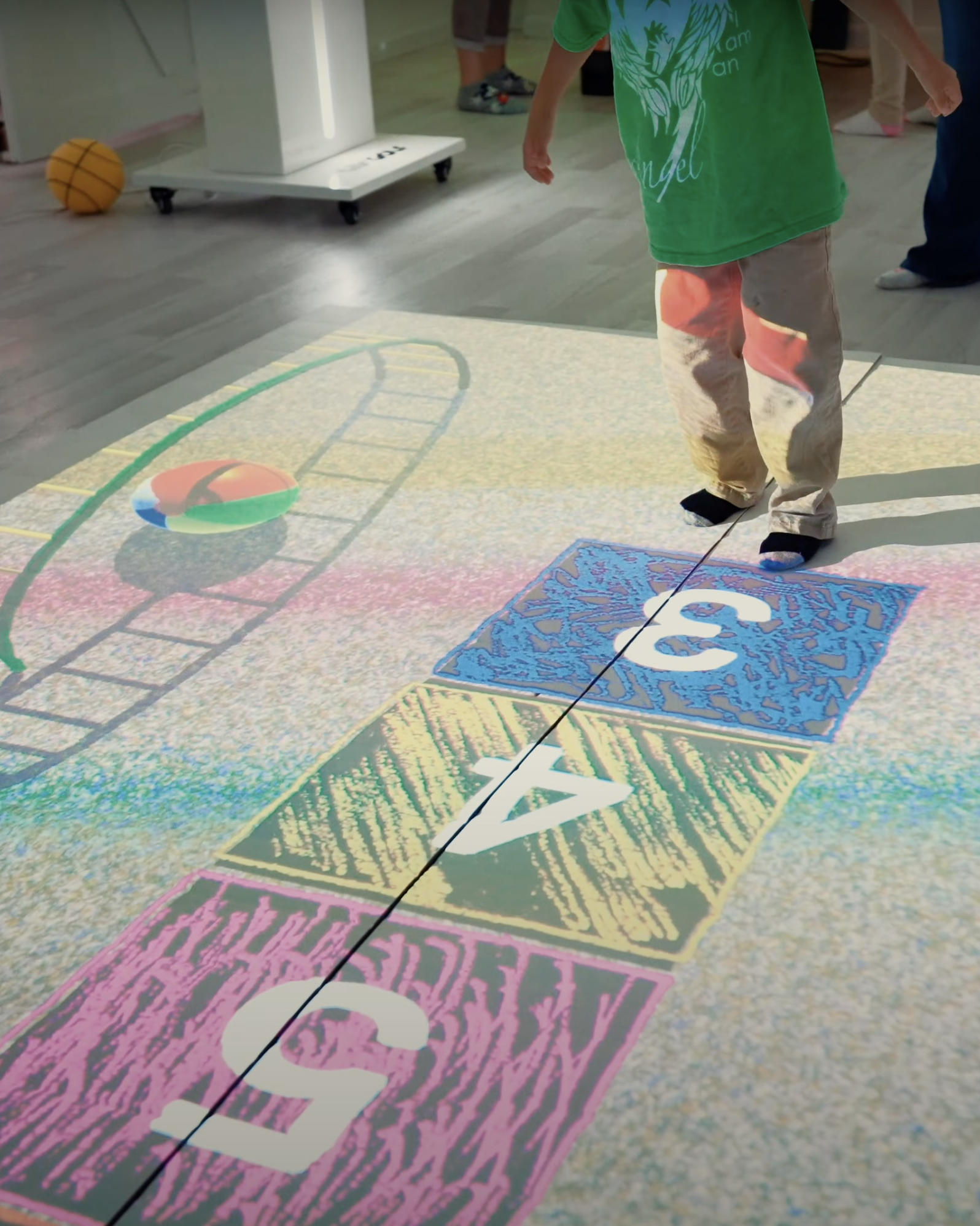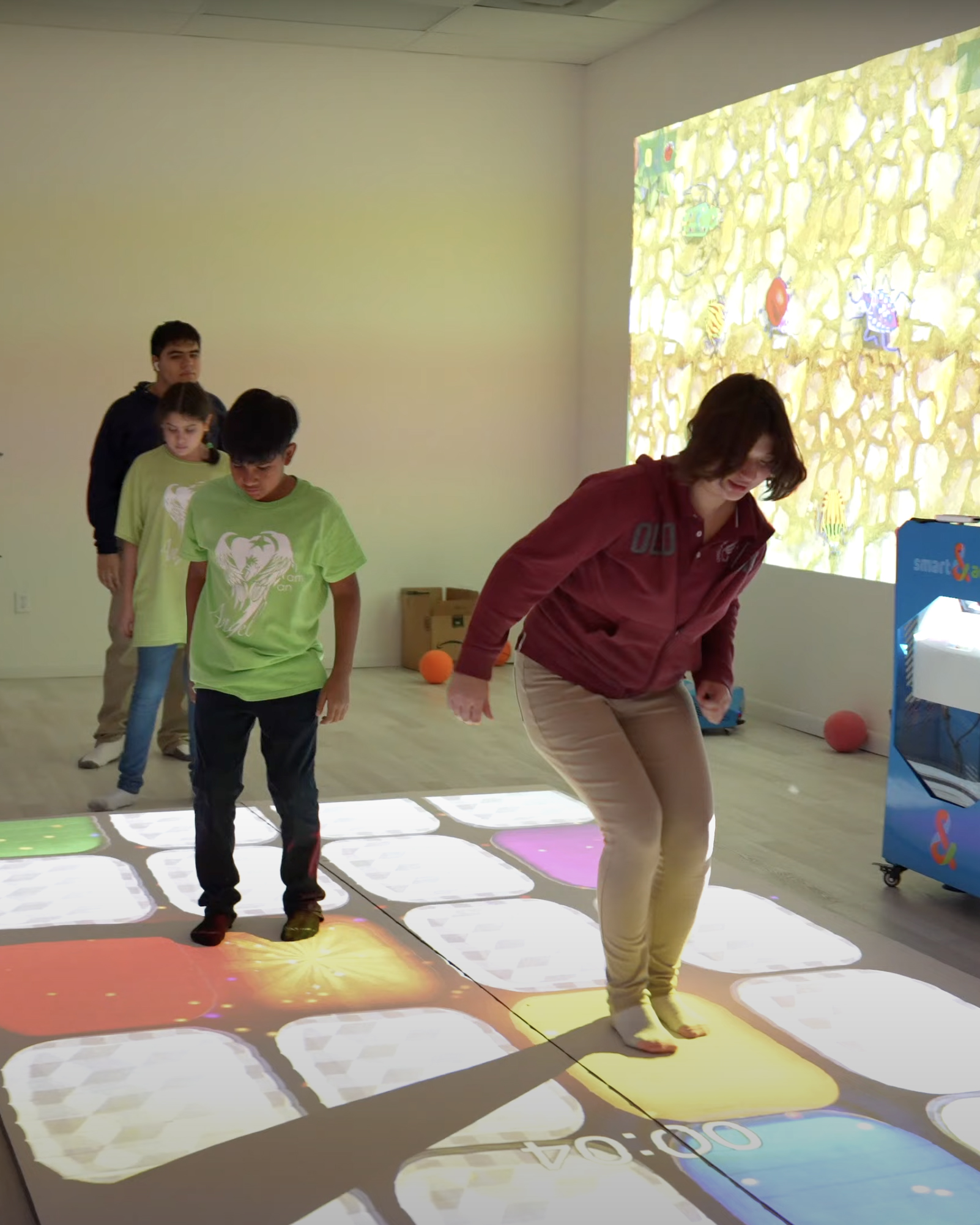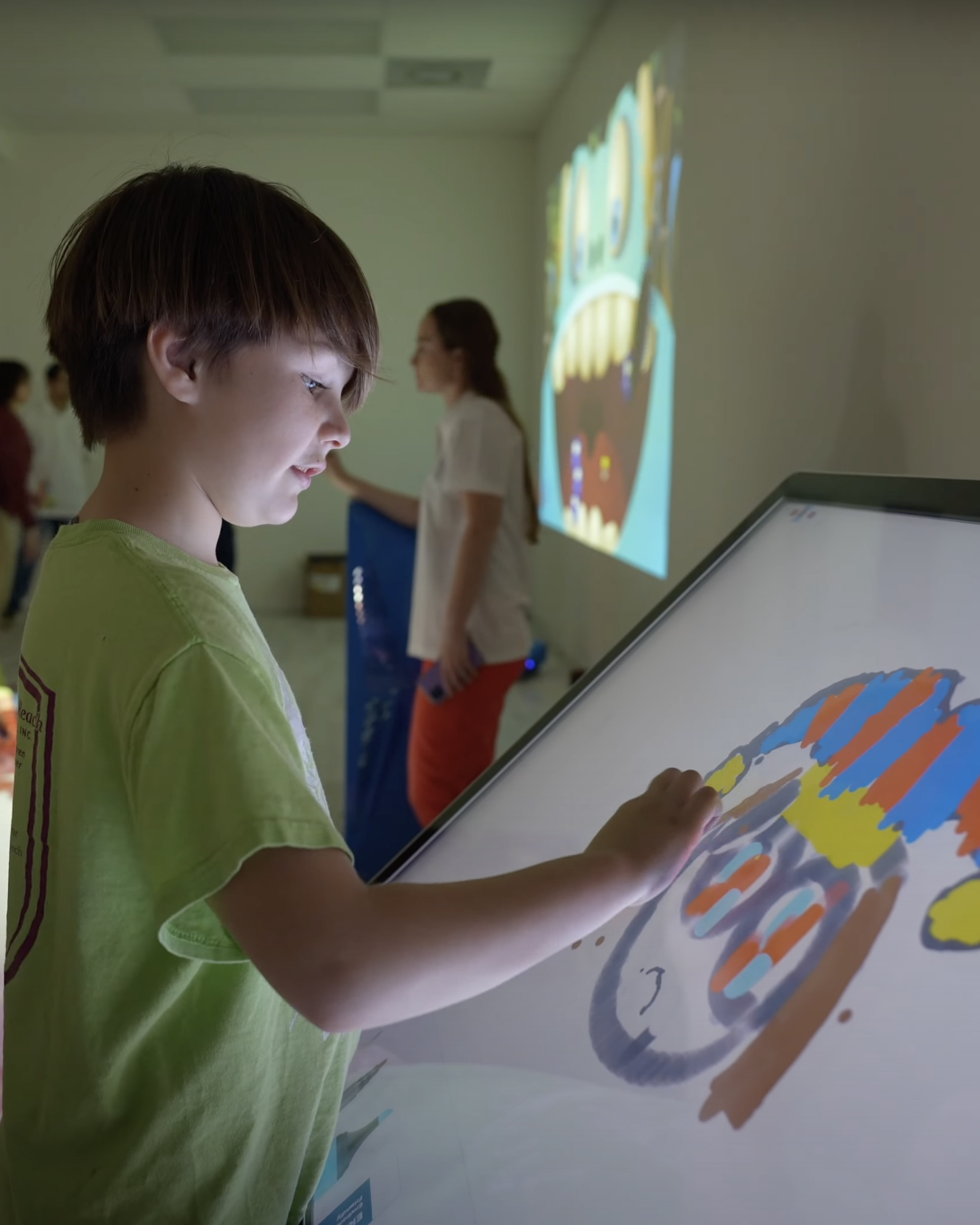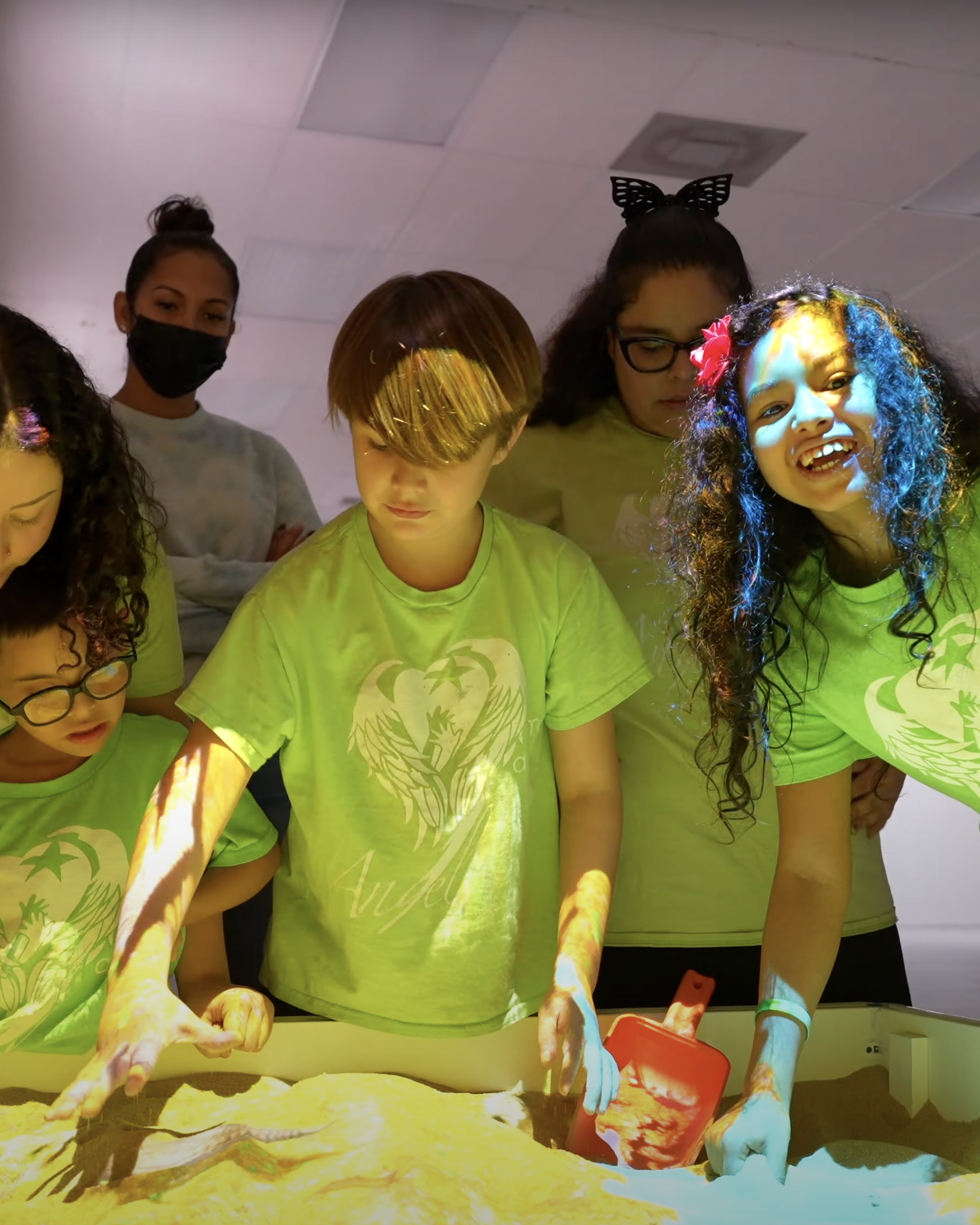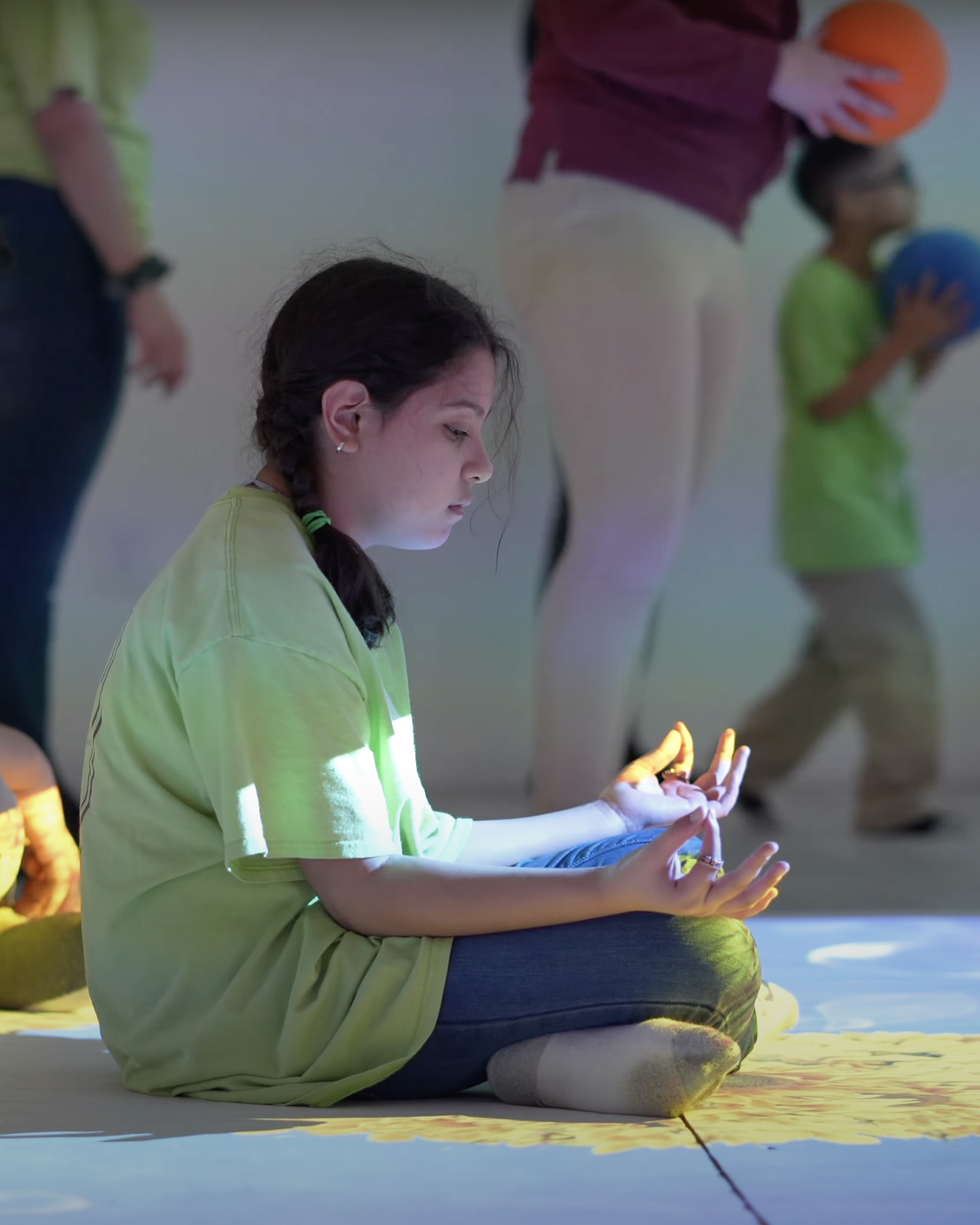Problem Solving
Neurolevel develops technological and software solutions to make education more accessible for students, especially those with special needs. Problem-solving games are available on our devices and on school smart boards.
Problem Solving Games
Our games help children develop problem-solving skills, logical thinking and creativity. Children learn how to analyze tasks, find solutions, and apply this knowledge in practical situations.
Effective retention of material is achieved through a combination of physical activity and game-based learning. Below are just three examples of games that develop problem-solving skills.
Custom Development
At Neurolevel, we can develop custom games that will align with your school's curriculum or individual learning plans. Please feel free to give us a call and tell us about your desired game scenario. Our team will gladly guide you in making your idea come to life.
Get in touch to discuss your needs.
We create a detailed game brief.
Engage students and enhance learning!
Our team designs and builds your game.
Notable Achievements of Neurolevel Clients
- A non-speaking child said their first word.
- A child who couldn't identify shapes (diagnosed with cerebral palsy) learned to do so.
- A person who couldn't count numbers learned how to count.
- A child who didn't like touching sand started interacting with it.
- A girl who wouldn't allow anyone to touch her was able to overcome her fear.
- A person who couldn't count learned how to do it.
- Many of our client-parents were able to devote more time to their personal lives.
Educator’s Opinion
Our Approach
Our interactive technology engages multiple sensory channels simultaneously, turning learning into an engaging process. This enhances material retention, stimulates creativity, and promotes the formation of new neural connections.
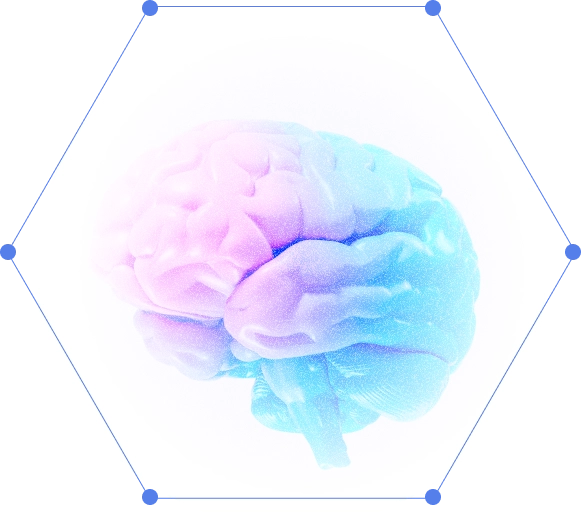
Inner ear
Internal
Hearing
Sight
Body awareness
Touch







